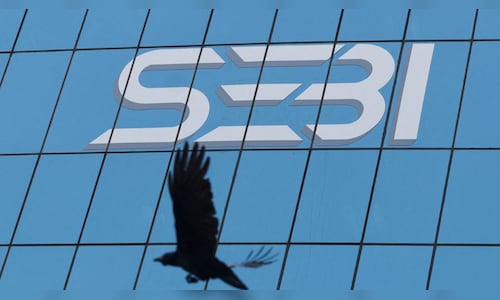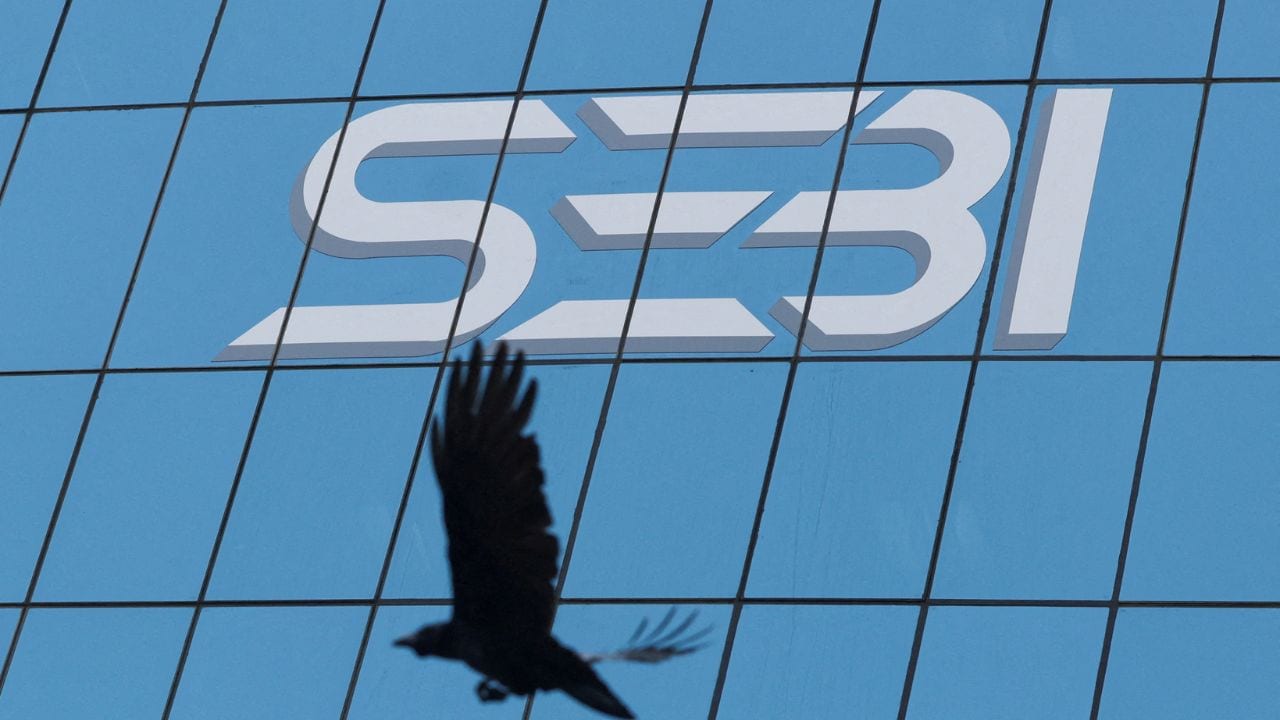

The Securities and Exchange Board of India (SEBI) has clarified that digital platforms used by regulated entities (REs) to associate with third parties are not required to register as specified digital platforms (SDPs). Further, SEBI stated that there is no regulatory framework governing SDPs.
| Company | Value | Change | %Change |
|---|
SDPs are platforms enabling REs to associate with third parties under simplified compliance norms. In amendments introduced in August, SEBI mandated REs to avoid associating, directly or indirectly, with unregistered individuals providing investment advice or sharing unauthorised performance claims. However, associations via SDPs exempt REs from these compliance burdens.
In a press statement issued on December 4, SEBI highlighted that the SDP framework aims to reassure REs.
“If the regulated entity is associated with an SDP, it is automatically assured of not being held as violating the provisions of Regulation 16A of SEBI Intermediaries Regulations, Regulation 44B of SECC Regulations, and Regulation 82B of SEBI Depositories and Participants Regulations,” the statement said.
The regulator emphasised that platforms are not obligated to become SDPs. “It is not obligatory for any digital platform to be notified as an SDP, and there is no regulation of these digital platforms by SEBI. Preventive measures for SDP recognition are voluntary and depend on the platform’s choice,” SEBI clarified.
Also read: Congress alleges ‘cover-up’ in Adani case, demands strict SEBI action
While REs are free to associate with third parties through non-SDP platforms, they must ensure compliance with SEBI’s rules in such cases. Associations via SDPs, however, provide a valid defence against potential violations of SEBI’s regulations.
This clarification addresses concerns about the obligation for platforms to seek SDP recognition, reaffirming SEBI’s intent to simplify compliance for REs without imposing additional regulatory burdens.
(Edited by : Shoma Bhattacharjee)



